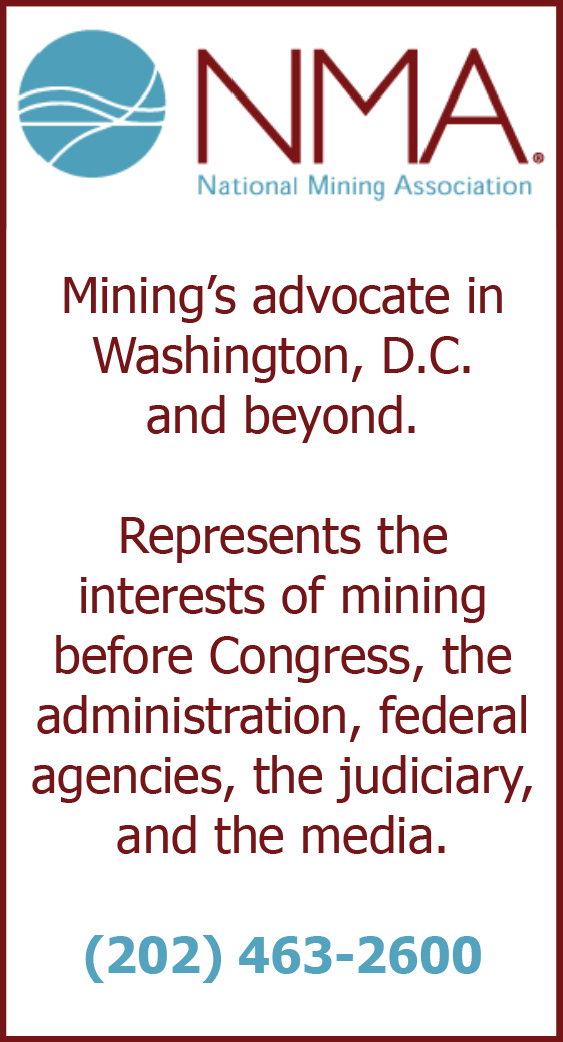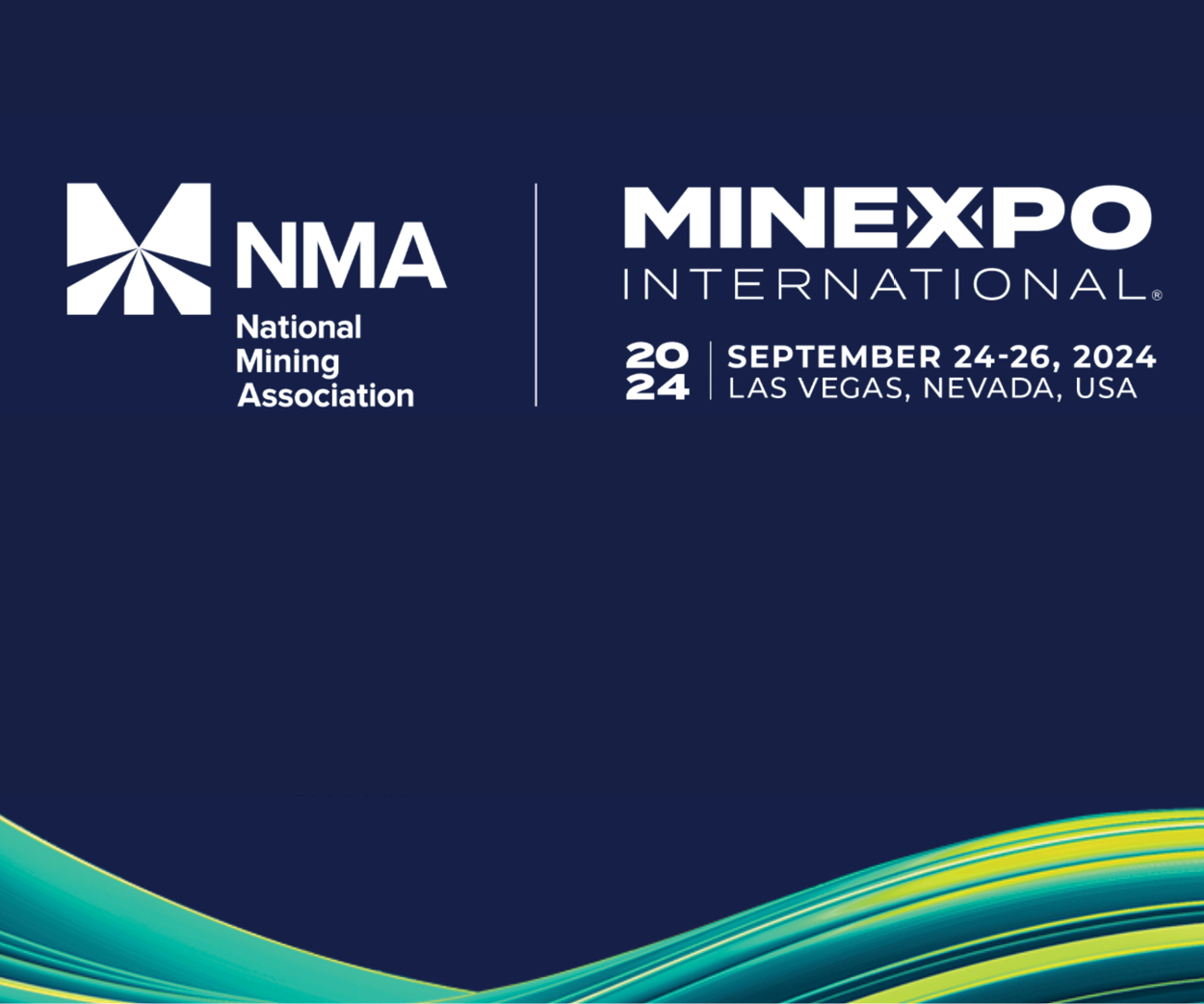Ron Klink: War on Coal Doesn’t End With Pennsylvania or West Virginia
Very few members of Congress have actually shoveled tons upon tons of coal. I have.
I started working in a coal yard at the age of 13 and I know what coal has meant to the development of this great country and the comfort of its people.
I later had the honor of serving in Congress for four terms. As a Democrat from western Pennsylvania, I spent my time in Congress and the years since I left as an advocate for clean American coal.
For Pennsylvania, the reasons to support coal are obvious, regardless of your political affiliation. Until recent years, the coal industry was a cornerstone of our regional economy. An industry that once employed almost 863,000 American workers now employs just over 50,000. According to the most recent statistics, only about 6,600 of those jobs are in Pennsylvania — down more than 16 percent from the previous year.
As the rest of the world relies more and more on coal, Washington has told us to use less — it wasn’t a suggestion. A single rule passed in 2011 wiped out half of the coal industry’s entire output. Plants shuttered overnight and the jobs that supported them were gone as well. And that’s thanks to just one regulation that is part of a much larger war on coal that has gone on for at least a generation. The casualties are thousands of lost jobs, entire communities shuttered as their sole source of prosperity disappeared thanks to overtly political mandates from Washington.
The damaged caused by the war on coal doesn’t end in Pennsylvania, or even the coal mining regions of Appalachia. Until recently, resilient resources like coal and nuclear energy provided what’s known as “baseload power” to our country’s energy grid. By definition, baseload power is able to withstand sudden and drastic fluctuations in both supply and demand. Coal and nuclear facilities maintain weeks — and up to a year — worth of fuel on-site and have reliable supply chains that can deliver power to customers even under crisis conditions. These fuels are the only energy sources capable of delivering baseload power. But Washington has nearly regulated them out of existence.
This is not an inconvenience. It’s a crisis. Other energy sources have already proven themselves unworthy in the event of a catastrophe. Our reliance on natural gas nearly cost lives during the 2014 polar vortex, when supply disruptions forced power plants to cut production or shut down altogether and prices skyrocketed overnight. And for all of the government subsidies directed toward so-called renewable energy like solar and wind, those sources aren’t anywhere close to being able to meet the country’s energy needs even under ideal circumstances.
If we wait for the next severe weather event or a terrorist attack on our power grid, it will already be too late. We have to act now. The process of changing rules and rolling back regulations in Washington can take years. If we don’t get ahead of the next catastrophe, it could cost lives and lead to massive price volatility.
There is a sliver of hope. Right now, the Department of Energy is conducting a study on baseload power and our nation’s energy supply chain. That study will likely reveal what we already know — that we are in a crisis situation. At that point, it will be up to Energy Secretary Rick Perry and President Trump to act swiftly to roll back regulations, end the war on coal and right the ship so our energy grid is once again fueled by baseload power.
For years, Washington has waged a war on reliable energy under the auspices of environmental protection. This is a false choice. Clean American coal is both responsible and reliable — if only we unshackle it from wild overregulation and political stigma. We can restore energy stability and security in the United States and make this country a world leader when it comes to clean and sustainable energy. That’s no small feat considering that coal consumption is booming in countries like China and India.
In a much more immediate sense, we will find ourselves on stable footing here at home for the first time in years. We need the ability to fuel our grid with reliable, resilient baseload power. It’s good for our workers, it’s good for our national security and it’s good for our country. Washington needs to act immediately.
By: Ron Klink, The Hill
Former Rep. Ron Klink (D-PA) served four terms in Congress, representing Western Pennsylvania from 1993-2001.






















